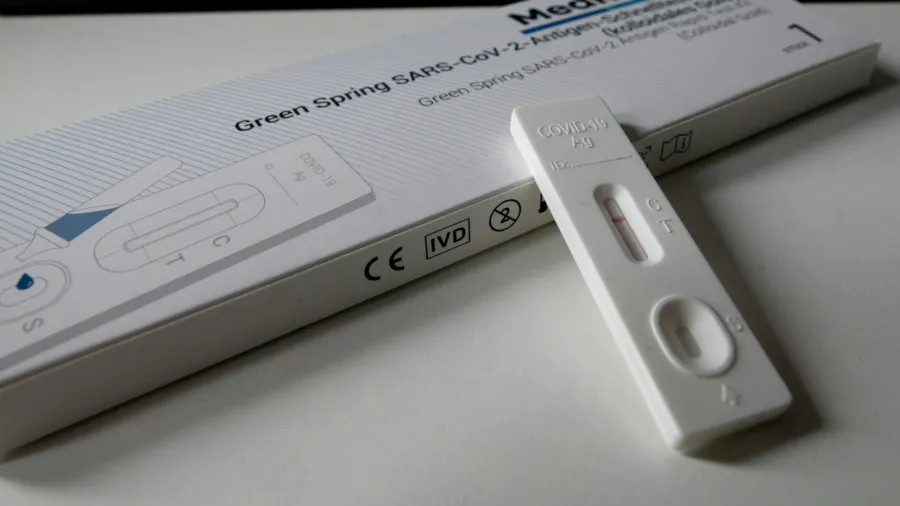
South Korean PCR systems market to grow at 5% CAGR through 2033
A key factor is Seegene's recent launch of a specialised PCR test in South Korea.
The South Korean PCR systems market is expected to grow at a compound annual growth rate (CAGR) of 5% through 2033, according to GlobalData.
A key factor is South Korea-based Seegene’s recent launch of a specialised research-use polymerase chain reaction (PCR) test assays.
Seegene’s Novaplex Mpox PCR test assays is a molecular diagnostic tool that leverages multiplex PCR technology to detect multiple pathogens caused by Orthopoxviruses, including Clades 1 and 2 of the Mpox virus.
It also enables early differentiation of Mpox, which has an ncubation period of up to 21 days. By leveraging Seegene’s Digitalized Development System (SGDDS), the assay can offer high sensitivity and detect multiple genetic targets simultaneously.
South Korea accounts for around 6% of the Asia-Pacific PCR systems market in 2024.



















 Advertise
Advertise






